Best movies like St. Louis Blues
Come One...Come All! THE SHOWBOAT'S IN TOWN!
A unique, carefully handpicked, selection of the best movies like St. Louis Blues Starring Dorothy Lamour, Lloyd Nolan, Tito Guízar, Jerome Cowan, and more. If you liked St. Louis Blues then you may also like: Victor/Victoria, The Naughty Nineties, Reckless, Rhythm and Blues Revue, Rhythm Inn and many more popular movies featured on this list. You can further filter the list even more or get a random selection from the list of similar movies, to make your selection even easier.
A Broadway musical comedy star tires of the same old grind and flees the city. She runs into the skipper of a showboat who befriends her, and they make plans to put together a musical revue. But a competing carnival owner hatches a scheme to put an end to the show before it begins.
You may filter the list of movies on this page for a more refined, personalized selection of movies.
Still not sure what to watch click the recommend buttun below to get a movie recommendation selected from all the movies on this list
The Naughty Nineties
In the gay '90s, cardsharps take over a Mississippi riverboat from a kindly captain. Their first act is to change the showboat into a floating gambling house. A ham actor and his bumbling sidekick try to devise a way to help the captain regain ownership of the vessel.
Rhythm and Blues Revue
Rhythm and Blues Revue is a plotless variety show, one of several compiled for theatrical exhibition from the made-for-television short films produced by Snader and Studio Telescriptions, with newly-filmed host segments by Willie Bryant. Originally 86 minutes, the "short" version available on public domain collections and websites is missing a reel
Rhythm Inn
A bandleader, desperate to get his band's instruments out of hock, promises the pawnshop clerk--an aspiring songwriter--that he'll let the band's female singer do the clerk's songs at a local club if he will let the band "borrow" their instruments at night. The clerk's girlfriend, however, thinks that the band singer is after more than her boyfriend's songs.
Jammin' the Blues
In this short film, prominent jazz musicians of the 1940s gather for a rare filming of a jam session. This highly stylized chronicle features tenor sax legend Lester Young.
The Band Wagon
A Broadway artiste turns a faded film star's comeback vehicle into an artsy flop.
Broadway Melody of 1938
Steve Raleight wants to produce a show on Broadway. He finds a backer, Herman Whipple and a leading lady, Sally Lee. But Caroline Whipple forces Steve to use a known star, not a newcomer. Sally purchases a horse, she used to train when her parents had a farm before the depression and with to ex-vaudevillians, Sonny Ledford and Peter Trott she trains it to win a race, providing the money Steve needs for his show.
George White's 1935 Scandals
A Brodway producer discovers new talent in a small Georgia town and brings them to New York for his new show.
Gold Diggers of 1933
Things get tough for Carol and her showgirl pals, Trixie and Polly, when the Great Depression kicks in and all the Broadway shows close down. Wealthy songwriter Brad saves the day by funding a new Depression-themed musical for the girls to star in, but when his stuffy high-society brother finds out and threatens to disown Brad, Carol and her gold-digging friends scheme to keep the show going, hooking a couple of millionaires along the way.
Is Everybody Happy?
It is the story of Ted Lewis, popular band leader and clarinettist. The music for the film was written by Harry Akst and Grant Clarke, except for "St. Louis Blues" by W. C. Handy and "Tiger Rag". The film's title comes from Lewis's catchphrase "Is everybody happy?" The film's soundtrack exists on Vitaphone discs preserved at the UCLA Film and Television Archive, but the film itself is considered a lost film, according to the Vitaphone Project website. A five minute clip from the film can be found on YouTube.
St. Louis Blues
In this all-black cast short, legendary blues singer Bessie Smith finds her gambler lover Jimmy messin' with a pretty, younger woman; he leaves and she sings the blues, with chorus and dancers.
Dancing in the Dark
Emery Slade was one of the brightest stars in Hollywood in 1932, but by 1949 his career has hit the skids. Fortunately, he is able to convince studio head Melville Crossman to cast him in the adaptation of a hit Broadway show. Crossman has one condition: Slade must travel to New York and convince the female star of the stage production to join the film. Slade goes, but, when he eyes the winsome Julie Clarke, he hatches a different scheme.
Hooray for Love
A wealthy young man falls hard for a beautiful showgirl, and her wily father quickly realizes the naïve boy would make the perfect investor for his daughter's new show. Comedy with music.
Blues in the Night
A struggling band find themselves attached to a fugitive and drawn into a series of old feuds and love affairs, as they try to stay together and find musical success.
Meet Me After the Show
A Broadway star devises a scheme to win back her husband when she suspects he's being unfaithful.
Sweethearts
Bickering husband-and-wife stage stars are manipulated into a break-up for publicity purposes.
The Time, The Place and The Girl
The stuffy manager of lovely opera singer Vicki Cassel and her uncle, a classical conductor, is determined to close down the noisy nightclub next door to the Cassels' home. The club's owners--Steve, a handsome ladies' man, and Jeff, his clownish sidekick--hatch a plan to keep the club open. Steve arranges to meet--and woo--Vicki and then invite her and her uncle to the club. When Vicki's snobbish aunt and the manager discover that Vicki now favors popular music over the classics, they arrange to get the club closed. But that doesn't keep Steve and Jeff down. Instead, they decide to put on a Broadway show if they can get a backer. They find their "angel" in Vicki's uncle who agrees to finance the show only if Vicki is the leading lady. But again, Vicki's aunt and manager may be the spoiler in everyone's plans.
Sing and Like it
While breaking into a bank safe, a gangster overhears a bank employee singing and decides to put her in a Broadway revue
Cowboy in Manhattan
Bob Allen, a struggling songwriter poses as a millionaire cowboy to win Broadway star Babs Lee.
King of Jazz
Made during the early years of the movie musical, this exuberant revue was one of the most extravagant, eclectic, and technically ambitious Hollywood productions of its day. Starring the bandleader Paul Whiteman, then widely celebrated as the King of Jazz, the film drew from Broadway variety shows to present a spectacular array of sketches, performances by such acts as the Rhythm Boys (featuring a young Bing Crosby), and orchestral numbers—all lavishly staged by veteran theater director John Murray Anderson.
Come from Away
7,000 passengers are stranded in the small town of Gander, Newfoundland after all flights into the US are grounded on September 11, 2001. Filmed live on stage at the Gerald Schoenfeld Theater in New York City.
Bright Lights
In this light-hearted musical, an early color film, a successful actress tires of the bustle and hustle of her tawdry life and settles down to what she thinks is the blissful mundaneness of married life. Unfortunately, the actual drudgery of wifedom takes her by surprise and domestic turmoil ensues.
Happy Days
Margie, singer on a showboat, decides to try her luck in New York inspite of being in love with the owners grandson. She is successful, but suddenly she hears that the showboat is in deep financial trouble, and she calls all the boats former stars to join in a big show to rescue it.
Fox Movietone Follies of 1929
Lila Beaumont is an understudy in a Broadway musical. Her boyfriend, George Shelby, arrives in New York hoping to take Lila back home with him to marry.
Syncopation
Benny and Flo are a husband and wife dance team, Sloane and Darrel, traveling around the country as part of a revue. The revue gets picked up and taken to New York City, to be on Broadway. However, it quickly folds, and the two are forced to look for other employment. They eventually find work in a nightclub, becoming famous.But while performing at the nightclub, Flo becomes entranced by a young, sophisticated millionaire playboy, Winston.
New Faces
New Faces was a musical revue with songs and comedy skits tied together by a quirky plot. It ran on Broadway for nearly a year in 1952 and was then made into a motion picture in 1954. It helped jump start the careers of several young performers including Paul Lynde, Alice Ghostley, Eartha Kitt, Carol Lawrence, performer/writer Mel Brooks (as Melvin Brooks), and lyricist Sheldon Harnick. The film was basically a reproduction of the stage revue with a thin plot added. The plot involved a producer and performer (Ronny Graham) in financial trouble and is trying to stave off an angry creditor long enough to open his show. A wealthy Texan offers to help out, on the condition that his daughter be in the show.
Sally, Irene and Mary
Manicurists Sally, Irene and Mary hope to be Broadway entertainers. When Mary inherits an old ferry boat, they turn it into a successful supper club.
Hit Parade of 1943
When amateur songwriter Jill Wright moves from the Midwest to New York City, she is dismayed to discover that Rick Farrell, the owner of Miracle Publishing Co., has claimed as his own the song she submitted to his company. One of the many films made at Republic with a year attached to the "Hit Parade" title, which came from the "Hit Parade" radio program sponsored by Lucky Strike cigarettes.
Burlesque in Harlem
A filming of a burlesque act in 1954 Harlem, complete with singers, baggy-pants comics and "exotic" dancers.
Perfectly Frank: Frank Loesser Revued
Showtime presented this pro-shot musical revue of the songs & lyrics of legendary film and Broadway composer Frank Loesser.
Dames at Sea
Dames at Sea is a musical with book and lyrics by George Haimsohn and Robin Miller and music by Jim Wise. The musical is a parody of large, flashy 1930s Busby Berkeley-style movie musicals in which a chorus girl, newly arrived off the bus from the Midwest to New York City, steps into a role on Broadway and becomes a star. It originally played Off-Off-Broadway in 1966 at the Caffe Cino and then played Off-Broadway, starring newcomer Bernadette Peters, beginning in 1968 for a successful run. The television version was broadcast on the Bell System Family Theater on NBC on November 15, 1971. The cast had extra chorus girls and boys, and there were full production numbers, turning into the very thing it was spoofing. Ann Miller was singled out for praise, especially when "she was allowed to tap out her brassy...temperamental star..."
The Singing Sheriff
In this comic western, a Broadway star leaves his musical revue to go West and help out his troubled friend. While there, the performer finds himself forced into becoming the town sheriff. Mayhem ensues, but somehow, the crooner manages to round up a band of killers.
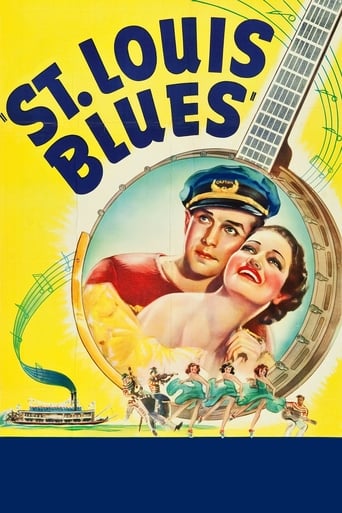






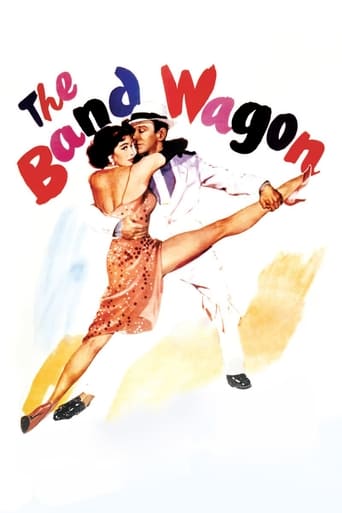


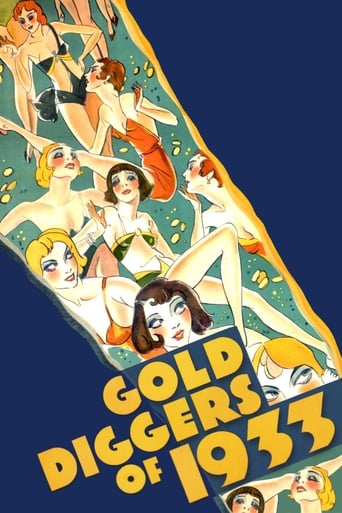

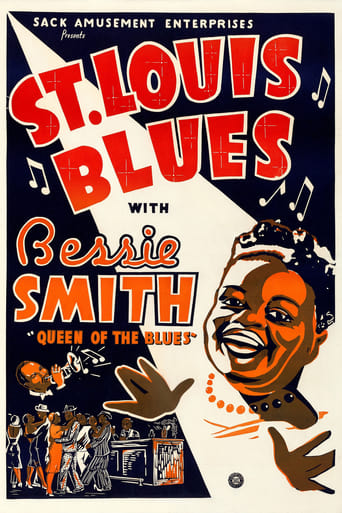
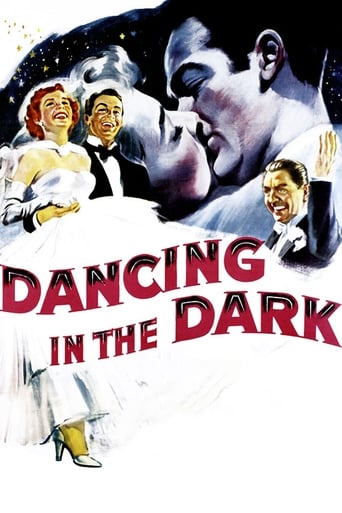
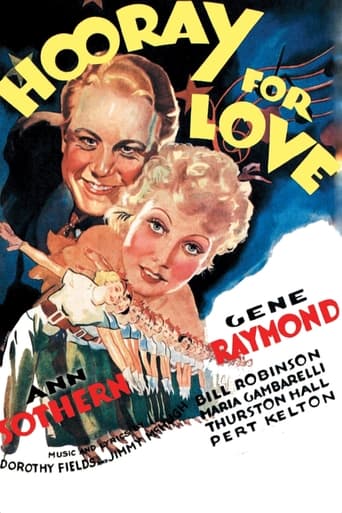





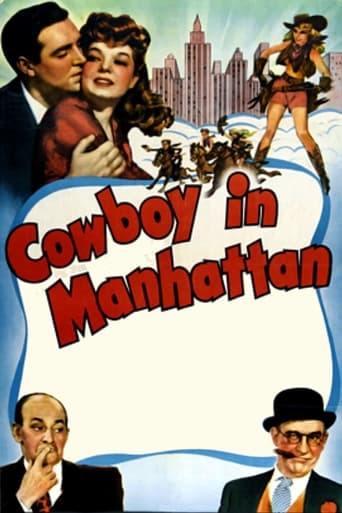




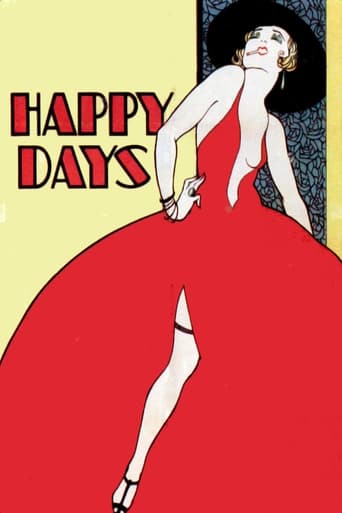



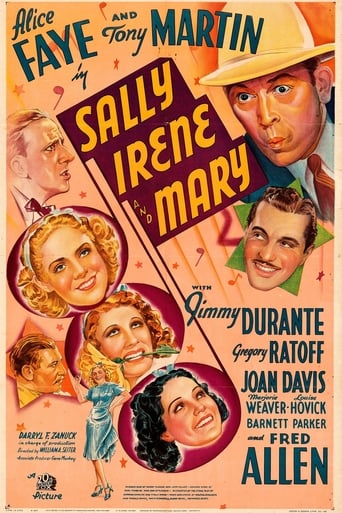


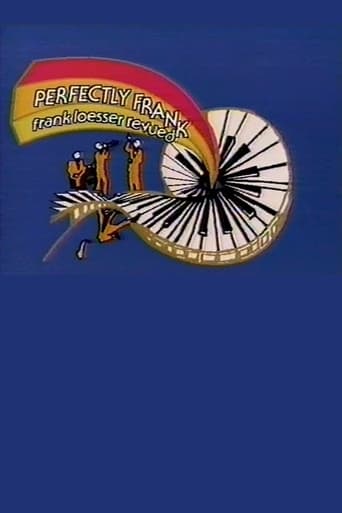


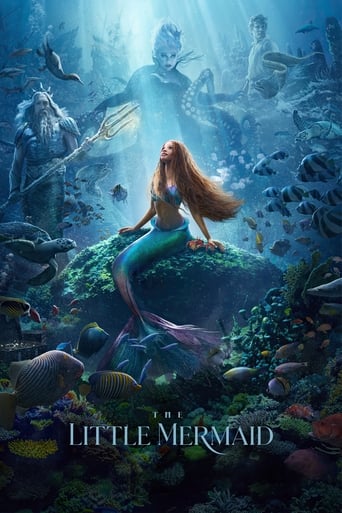
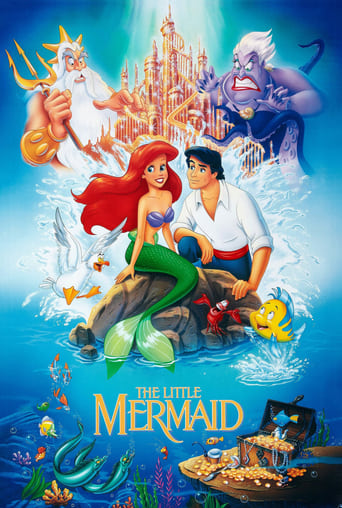
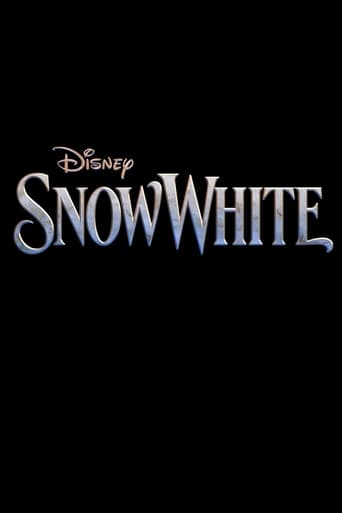
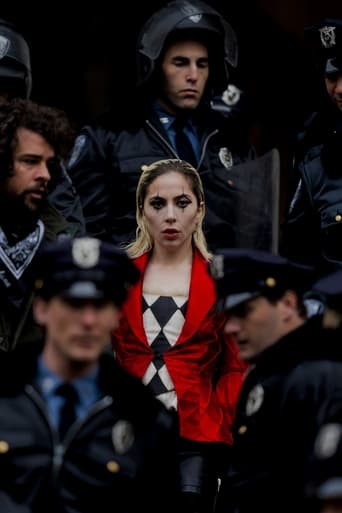
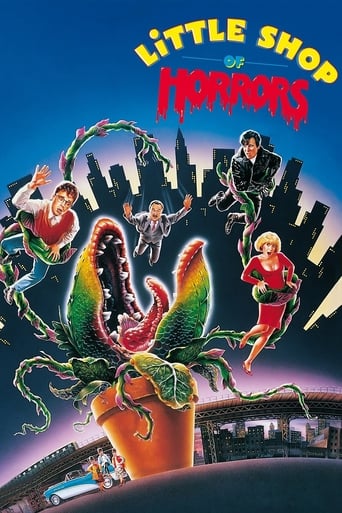
Victor/Victoria
Out-of-work singer Victoria Grant meets a just-fired, flamboyant gay man in a club in 1920s Paris. He convinces her to pretend to be a man who is a female impersonator in order to get a job. The act is a hit in a local nightclub, but things get complicated when a gangster and nightclub owner from Chicago, King Marchan, falls in love with "him." Filmed live on Broadway, 1995.